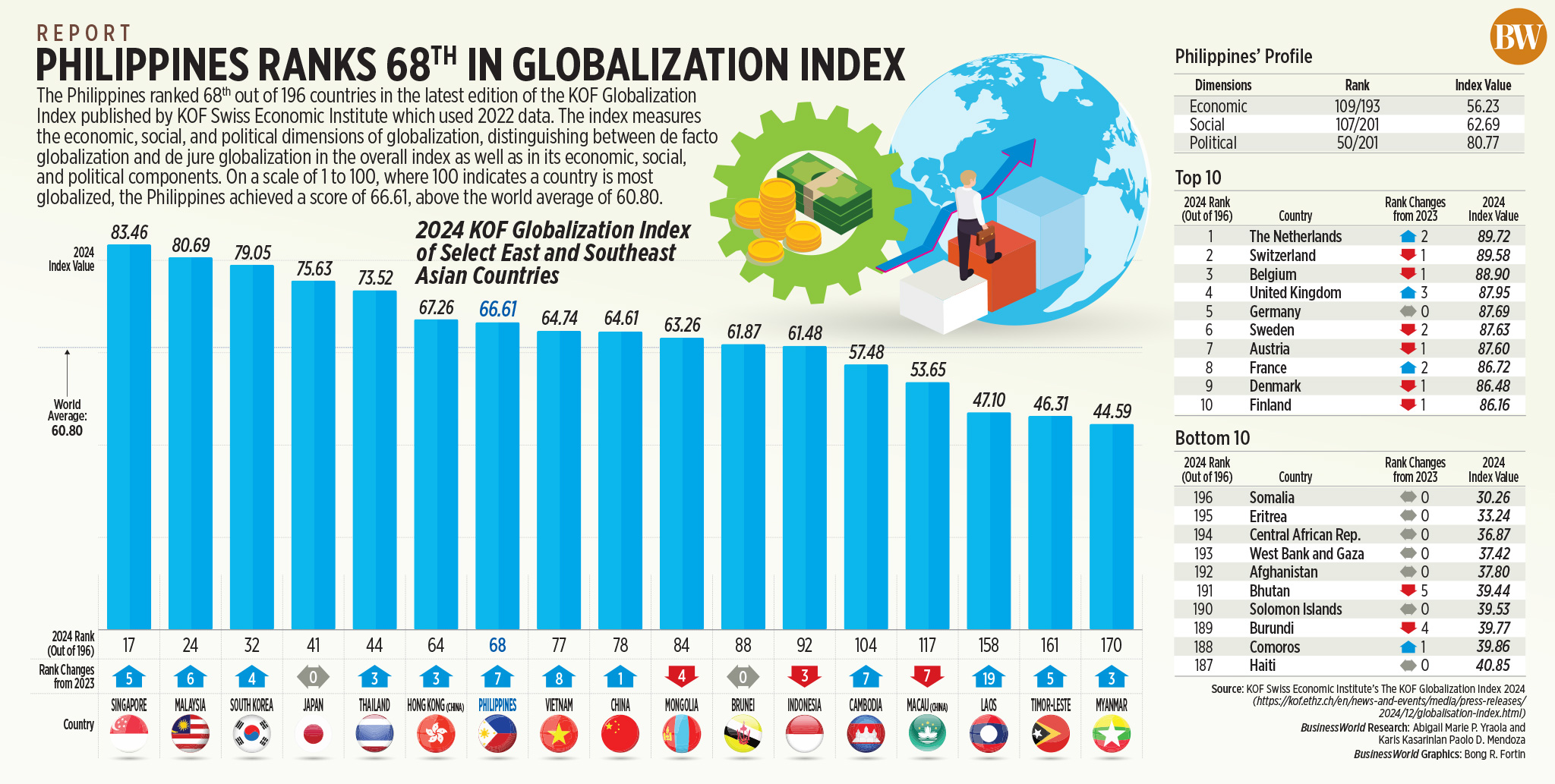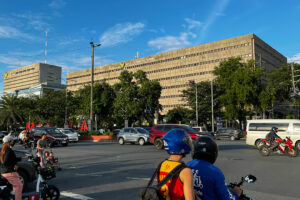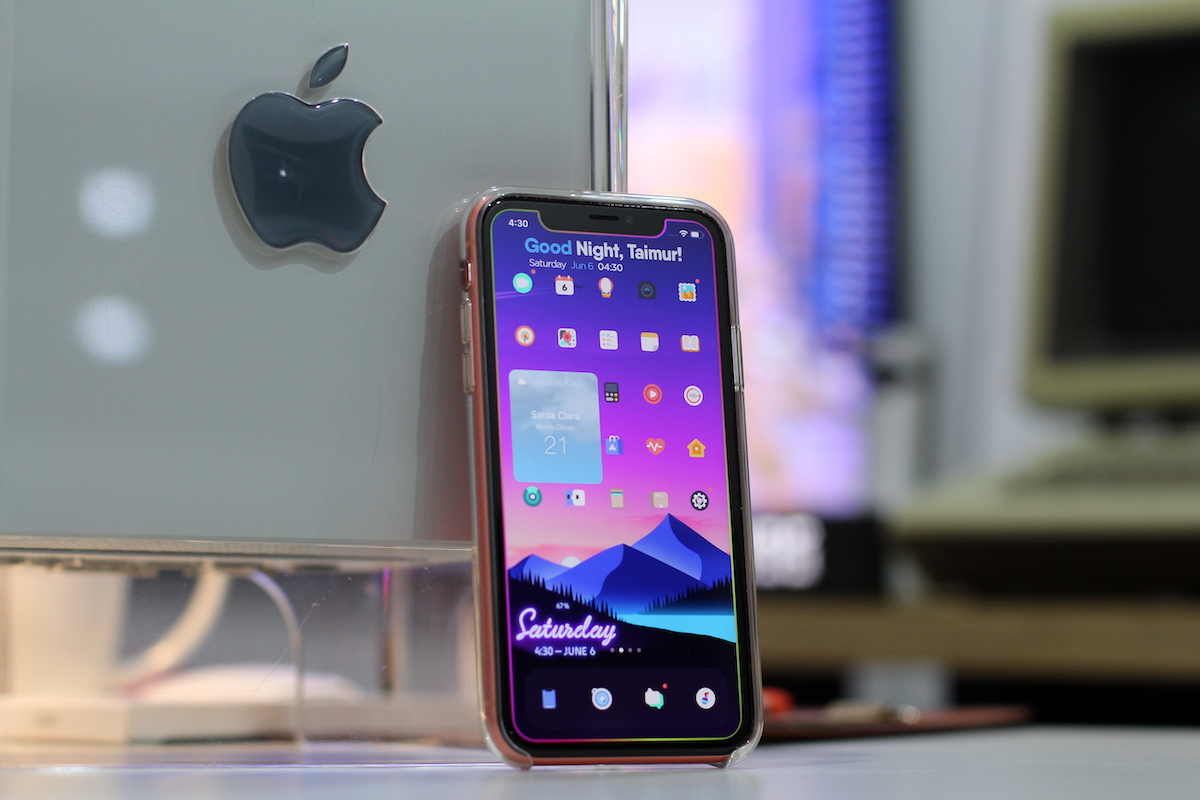…Policymakers should prioritise measures to control inflation, increase disposable income – Consumers Assembly
As the economy continues to bite harder, producers are continually devising means of meeting consumers halfway by offering different sizes of food products that could be affordable by people according to their pockets.
‘Pay-as-you-go’ is a term colloquially referred to as ‘Sachetisation’ in product packaging strategy that involves selling products in smaller, more affordable packages, or sachets, to consumers with limited financial means.
The term ‘sachetisation’ is not new to the average Nigerian consumer, especially the young mobile, and up and going consumers. However, the strategy is far moving away from a business into a survival strategy for both businesses and consumers in Nigeria.
Sometime last year, yam sellers began to cut tubers of yams into smaller sizes that could be affordable to certain categories of buyers. That was when a tuber of yam went up to N10,000.
Today, the Nigerian markets are filled with all manner of small packages of various food items, ranging from rice, beans, garri, semovita, to several others.
For many businesses, especially the fast-moving consumer goods (FMCGs), ‘Pay-as-you-go’ packaging is now more of a strategy to stay in business rather than meeting consumers half way. For the consumers on the other hand, ‘Pay-as-you-go’ offers the opportunity to afford certain branded goods amid dwindling resources.
“While this strategy allows households to manage their limited resources and still access essential goods, it carries significant implications for both consumers and the economy at large,” Godwin Ayebe, convener, Consumers Assembly, told BusinessDaySunday.
According to him, the initiative provides low-income consumers an immediate solution to rising costs, ensuring they can still purchase necessities like food, toiletries, and beverages. However, he disclosed that the long-term cost of these smaller units is often higher per gram or liter compared to larger packaging, which further increases the financial burden over time.
“With limited purchasing power, consumers may opt for smaller quantities, potentially leading to under-consumption or rationing of essential products. This could adversely affect nutrition, hygiene, and overall well-being,” Ayebe said.
Speaking further on the overall impact on the ecosystem, he said that smaller packaging typically results in higher amounts of plastic and other waste materials.
“In a country like Nigeria, where waste management systems are underdeveloped, this trend exacerbates environmental challenges,” he said.
Read also: Sanwo-Olu harps on eco-friendly food packaging to reduce waste
Implications for the economy
In a stark reflection of Nigeria’s worsening economic reality, ‘Pay-as-you-go’ packages of food items, highlights the dwindling purchasing power of Nigerians, who are struggling to make ends meet amidst rising food prices and stagnant incomes.
On the back of a dwindling purchasing power is the rising food price that has contributed to the country’s food inflation. Nigeria is currently faced with a severe food inflation crisis, with prices of staple food items skyrocketing in the recent past.
According to the National Bureau of Statistics (NBS), Nigeria’s food inflation rate rose to 23.12% in October 2024, up from 17.38% in the same period last year. This has resulted in a significant decline in the purchasing power of Nigerians, who are finding it increasingly difficult to afford basic food items.
The situation is further exacerbated by stagnant incomes of many consumers, which have not kept pace with rising food prices. Many Nigerians are struggling to survive on meager salaries, which have been eroded by inflation, even while the government is yet to fulfill its promise on the new N70, 000 minimum wage.
In response to this dire situation, some food retailers have introduced ‘pay-as-you-go’ packages, which allow customers to buy small quantities of food items. These packages, which typically range from N50 to N500 (approximately $0.12 to $1.25 USD), are designed to cater to the needs of low-income households, who can no longer afford to buy food items in bulk.
“The rise of ‘pay-as-you-go’ packaging is a symptom of declining real income among Nigerians. It reflects an economy where inflation and unemployment make it difficult for families to afford bulk purchases.
“While this strategy may boost short-term sales, it could strain profit margins for companies due to higher packaging costs and lower economies of scale,” Ayebe said.
According to him, the need for smaller packaging underscores the widening gap between the affluent and low-income segments of society, highlighting the urgency for economic policies that uplift the purchasing power of the average consumer.
The rise of these small packages has significant implications for Nigeria’s food retail sector. On the one hand, it highlights the innovative spirit of food retailers, who are adapting to the changing economic realities. On the other hand, it underscores the dire situation faced by many Nigerians, who are struggling to afford basic food items.
“While ‘pay-as-you-go’ packaging may not directly indicate famine, it is a clear marker of economic distress. Famine typically involves a lack of food availability, whereas this trend reflects affordability issues. However, the underlying causes high inflation, unemployment, and poor agricultural productivity could evolve into food insecurity if left unchecked,” he said.
Speaking further, Ayebe said that Consumers Assembly and other advocacy groups must educate consumers on the true costs of ‘pay-as-you-go’ packaging and promote strategies to optimise spending on essentials.
According to him, policymakers should prioritise measures to control inflation, boost agricultural output, and increase disposable income through job creation and social safety nets. “FMCGs should be encouraged to adopt eco-friendly packaging solutions, reducing the environmental impact of smaller units,” Ayebe said.









Leave a Comment